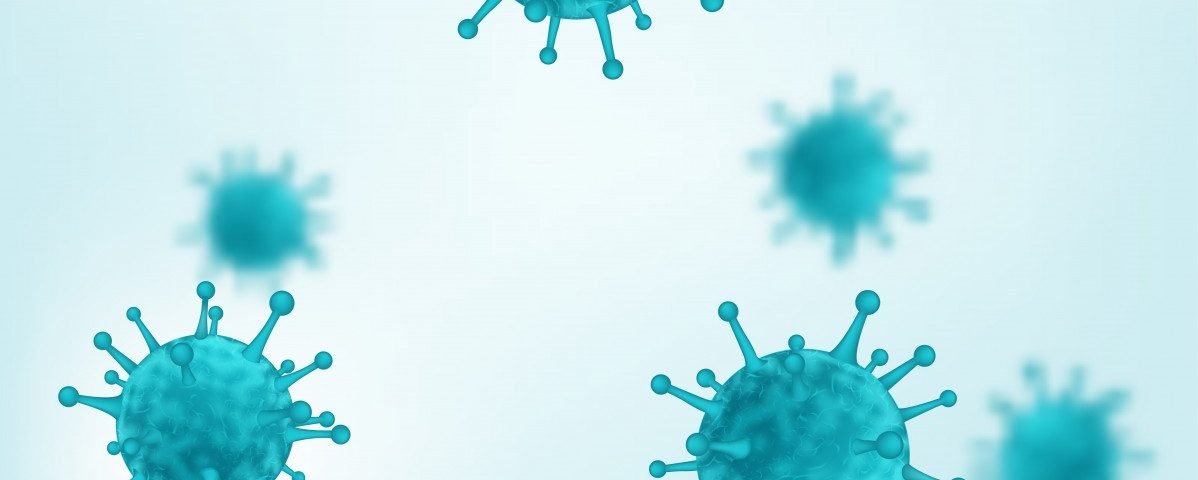A new therapy that activates a protein pathway to stifle melanoma tumor growth has shown promise as a treatment for the disease, a study reports.
A single injection of the therapy, AdVCA0848, significantly improved survival in a mouse model of melanoma, compared with repeat dosing of an anti-PD-1 immune checkpoint inhibitor. AdVCA0848 activates a protein pathway called the stimulator of interferon genes (STING) pathway.
Michigan State University researchers presented the study at the American Association for Cancer Research (AACR) 2017 Annual Meeting in Washington. The title of the presentation was “Engineered STING-targeting immunotherapy delays B16 melanoma tumor growth and significantly improves animal survival as compared to an immune-checkpoint inhibitor.”
Drs. Andrea Amalfitano and Chris Waters led the Michigan State research. Venn Therapeutics supported it.
“Partnerships with companies like Venn Therapeutics allow us to work together to move bright ideas to the marketplace and therapies to patients even faster,” Anne C. DiSante, associate director of MSU Technologies, said in a press release. “That’s why translational research is remarkable: We can work collaboratively nationally, even internationally, to enhance human health and well-being.”
Activating the STING pathway leads to more production of interferon-beta, a protein known as a cytokine that helps trigger immune responses, researchers found.
Previous studies had shown that AdVCA0848, an engineered virus containing a bacteria-derived compound, activated the STING pathway. This triggered the production of interferon and activated anti-tumor immune responses.
The research team recently took its work further by finding that AdVCA0848 fights tumor activity in melanoma mouse models. A single injection to a tumor significantly slowed its growth, and improved the mice’s survival.
Importantly, researchers found AdVCA0848 to be a more effective therapy than an immune checkpoint inhibitor. Twenty-seven days after they injected tumors into mice, 36.4 percent of the AdVCA0848-treated mice were alive, compared with 26.7 percent of the mice treated with repeated doses of anti-PD-1. AdVCA0848 treatment began seven days after mice received tumor implants. Mice in the PD-1 group received treatments on days 7, 11, 15, and 19.
The results were even better when the two therapies were used in combination, with 50 percent of mice living longer than 27 days after tumor implant.
“This research begins to demonstrate that AdVCA0848 is both a safe and potent stimulator of the STING pathway, and this unique combination promotes safe induction of impressive anti-tumor responses in vivo,” said Amalfitano, who is the Osteopathic Heritage Foundation Endowed Professor of Pediatrics, Microbiology and Molecular Genetics at Michigan State. “We are excited to further develop this novel immunotherapy and advance it rapidly to human clinical trials.”


